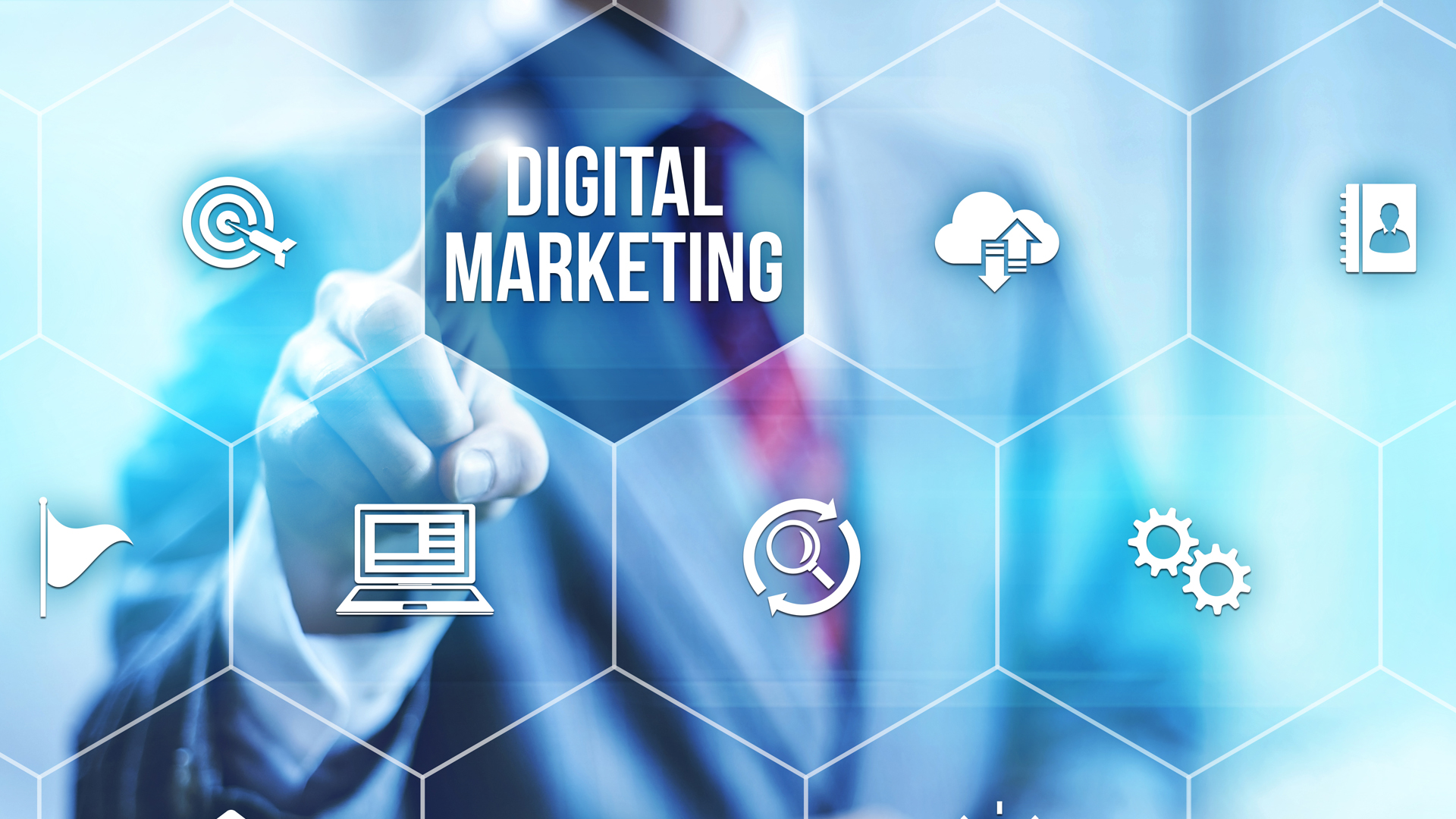
Digital Marketing Trends to Watch
Discover the top digital marketing trends shaping 2023, including AI integration, personalized experiences, and the rise of video content.
The Rise of Artificial Intelligence in Marketing
Artificial Intelligence (AI) is no longer a futuristic concept; it is now a fundamental component of digital marketing strategies. AI helps in analyzing consumer behavior and search patterns, utilizing data from social media platforms and blog posts to help businesses understand how users find their products and services. With AI, marketers can create personalized experiences for their audience, such as tailored content, product recommendations, and targeted ads. AI-powered chatbots are also enhancing customer service by providing instant responses to inquiries, thereby improving customer satisfaction. As AI technology continues to evolve, its integration into digital marketing will become more sophisticated, enabling businesses to streamline their operations and achieve greater efficiency.
The Importance of Video Content
Video content has become an indispensable part of digital marketing. Platforms like YouTube, Instagram, and TikTok have shown that engaging video content can capture the audience's attention more effectively than text or images alone. Videos can convey a brand's message more dynamically, making it easier to connect with viewers on an emotional level. Live streaming is another trend gaining momentum, allowing brands to interact with their audience in real-time. Whether it's a product demonstration, a behind-the-scenes look, or a Q&A session, live videos offer a level of authenticity that pre-recorded content can't match. As internet speeds increase and mobile devices become more powerful, the demand for high-quality video content will only grow.
The Shift Towards Mobile-First Marketing
With the majority of internet users accessing content via smartphones, a mobile-first approach has become essential for digital marketers. This means designing websites and creating content with mobile users in mind first. Mobile optimization involves ensuring that websites load quickly, are easy to navigate, and provide a seamless user experience on smaller screens. Additionally, mobile-friendly content such as short-form videos, infographics, and social media posts are crucial for engaging the mobile audience. Mobile-first marketing also includes leveraging location-based services to deliver personalized offers and advertisements based on the user's geographic location. As mobile technology continues to advance, businesses that prioritize mobile-first strategies will be better positioned to capture and retain their audience.
The Growing Influence of Social Commerce
Social media platforms are evolving into powerful e-commerce channels, a trend known as social commerce. This involves integrating shopping features directly into social media apps, allowing users to discover and purchase products without leaving the platform. Social commerce leverages the influence of social proof, as users are more likely to buy products that their friends or favorite influencers recommend. Features like shoppable posts, stories, and in-app checkout options are making it easier for brands to convert social media engagement into sales. As social media continues to play a central role in people's daily lives, businesses that harness the power of social commerce will be able to drive higher conversion rates and foster stronger customer relationships.
The Emergence of Voice Search
Voice search is transforming the way people seek information online. With the proliferation of smart speakers and virtual assistants like Alexa, Siri, and Google Assistant, more users are turning to voice commands to perform searches. This shift requires digital marketers to optimize their content for voice search by focusing on conversational keywords and natural language. Unlike traditional text searches, voice queries tend to be longer and more specific, often framed as questions. To stay ahead, businesses need to ensure that their content provides clear, concise answers to these queries. Additionally, having a strong presence in local search results can enhance visibility, as many voice searches are location-specific. As voice technology continues to improve, its impact on digital marketing will become increasingly significant.
The Role of Data Privacy and Security
In an age where data breaches and privacy concerns are prevalent, maintaining data privacy and security has become a top priority for digital marketers. Consumers are more aware of their digital footprint and expect businesses to protect their personal information. Implementing robust security measures and being transparent about data collection practices can help build trust with the audience. Regulations such as GDPR and CCPA have set new standards for data protection, and compliance is essential for avoiding hefty fines and reputational damage. Furthermore, marketers should prioritize ethical data usage by obtaining explicit consent from users before collecting or processing their data. As privacy concerns continue to rise, businesses that prioritize data security and ethical practices will earn the loyalty and trust of their customers.